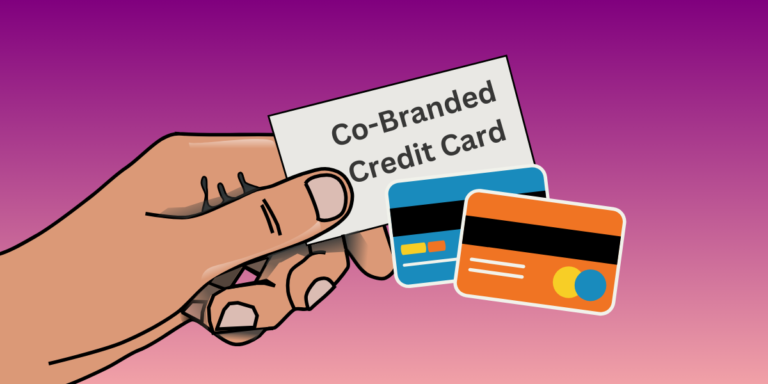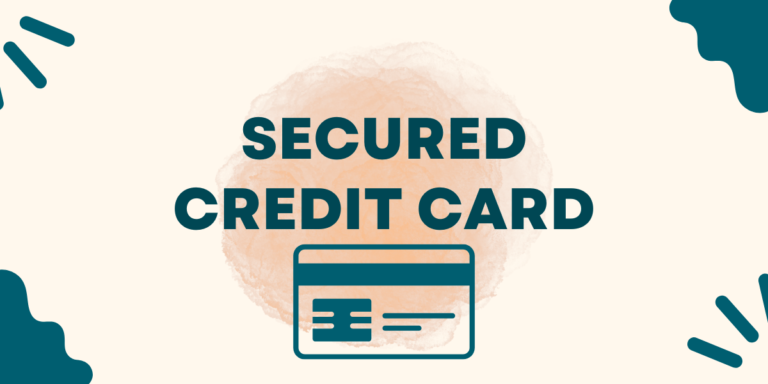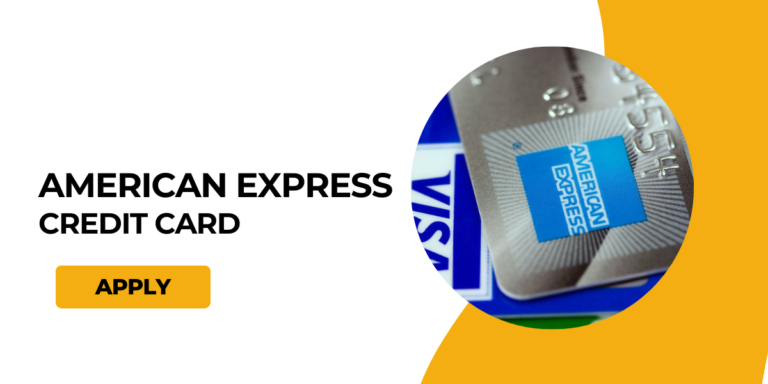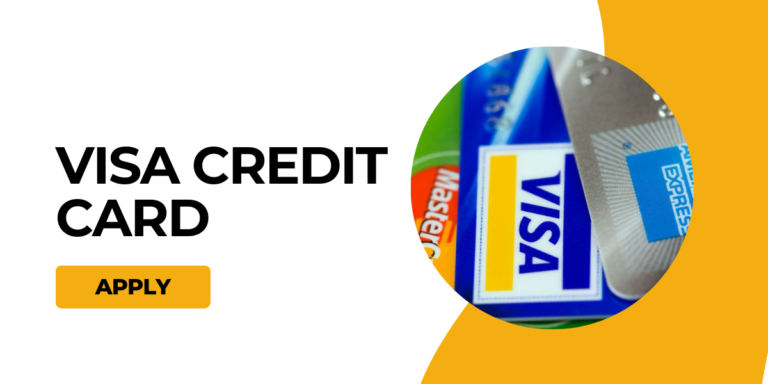A business credit card is like a special tool for businesses to manage their money. It’s a card specifically for business expenses, not personal ones.
With a business credit card, business owners can buy things they need for their company, pay bills, and keep track of spending.
These cards often have extra features useful for businesses, like higher spending limits, rewards for business purchases, and ways to manage cards for employees.
They help keep business finances separate from personal finances, making it easier to manage money for the company.
business credit card example
An example of a business credit card is the Chase Ink Business Preferred Credit Card. This card is designed specifically for small businesses and offers features tailored to their needs.
It provides rewards for business spending, such as bonus points on categories like advertising purchases, travel, and shipping.
The card also offers perks like employee cards at no additional cost, expense tracking tools, and travel benefits such as trip cancellation/interruption insurance and cell phone protection.
Additionally, it has a competitive sign-up bonus and a flexible redemption program.
This card is a popular choice for small business owners looking to earn rewards and manage their expenses effectively.
how do business credit card work?
Business credit cards are like special cards for businesses to use instead of cash. When a business owner applies for one, the bank looks at how reliable the business is with money.
If approved, the bank gives the business a card with a limit on how much money they can spend. The business can use this card to buy things they need for their business, like supplies or services.
At the end of each month, the bank sends a bill showing what the business bought, and the business has to pay at least some of it back. If they don’t pay it all back, they get charged extra money called interest.
Some cards also give rewards, like cashback or points, for using them. Overall, business credit cards help businesses manage their finances and buy what they need without always using cash.
How do I choose a business card?
When choosing a business credit card, consider factors such as:
- Rewards: Look for cards with rewards and benefits that align with your business spending, such as cashback, travel rewards, or bonus categories.
- Fees: Consider annual fees, balance transfer fees, foreign transaction fees, and other charges associated with the card.
- Interest rates: Compare APRs to find a card with competitive rates if you plan to carry a balance.
- Additional features: Evaluate perks like employee card management tools, expense tracking, and business-specific benefits.
- Issuer reputation: Choose a card from a reputable issuer with excellent customer service and a track record of reliability.
Indian Bank Credit Card: Eligibility, Features & Benefits
Bank of Maharashtra Credit Card: Eligibility, Features & Benefits
Central Bank of India Credit Card: Eligibility, Features & Benefits
Which business credit card is best?
The best business credit card depends on your specific business needs, spending habits, and preferences.
Some popular options include the Chase Ink Business Preferred, American Express Business Platinum, and Capital One Spark Cash for Business.
It’s essential to compare features such as rewards, annual fees, interest rates, and perks to find the best fit for your business.
business credit card eligibility
Business credit card eligibility typically depends on several factors, including:
- Business Entity: You need to have a registered business entity, such as a sole proprietorship, partnership, corporation, or LLC.
- Business Revenue: Some issuers may require a minimum annual revenue or income threshold for the business. This demonstrates the business’s ability to repay the credit card debt.
- Credit History: The credit history of the business, as well as that of the business owner(s), is often considered. A strong credit history increases the likelihood of approval.
- Personal Guarantee: In many cases, especially for small businesses, the business owner may need to provide a personal guarantee. This means that they are personally responsible for repaying the debt if the business cannot.
- Employer Identification Number (EIN): A business may need an EIN issued by the IRS for tax purposes. Some issuers require this for business credit card applications.
- Legal Documentation: Depending on the issuer, you may need to provide legal documentation such as business licenses, tax returns, or financial statements to verify the legitimacy of the business.
- Business Age: Some issuers may have a requirement for the length of time the business has been operating. Startups may find it more challenging to qualify for certain business credit cards.
Documents required for business credit card
Applicants need to provide certain documents to validate the information provided in the application form. These include proof of identity, address, and income.
The documents required may differ based on whether the card is issued in the name of the organization or an individual member. For instance:
- For business cards issued in the organization’s name: Business PAN, GST Registration Certificate, Business Registration Documents (e.g., Incorporation Certificate), and Bank details or statements.
- For individual business cards: Aadhaar Card/PAN card (KYC Documents), Bank details/statements, and financial documents serving as income proof. These may include IT returns, profit and loss statements, and balance sheets for the last two years, audited by a certified chartered accountant, depending on the business type.










